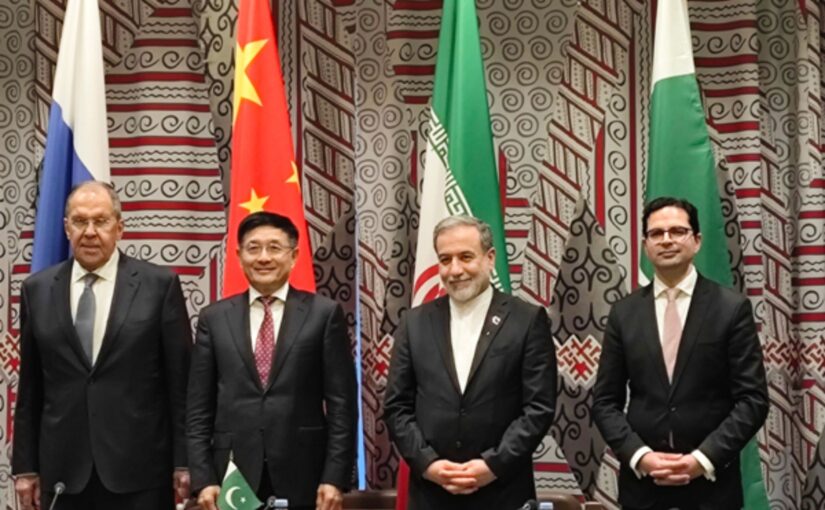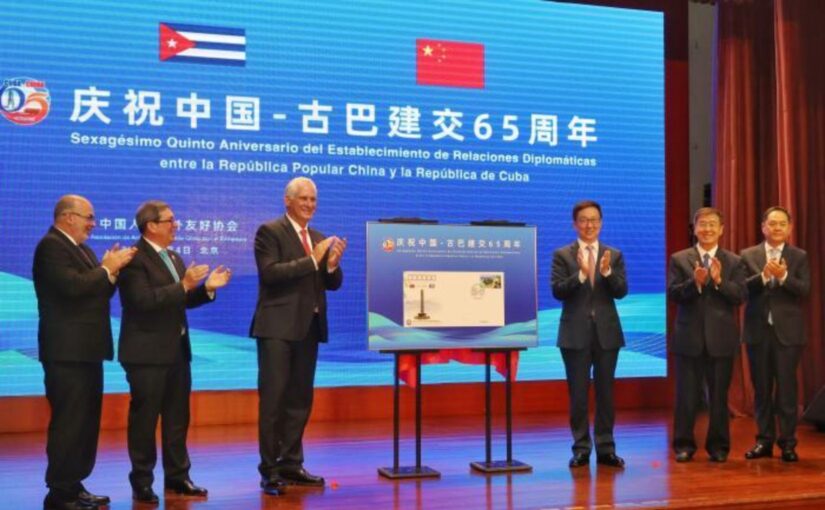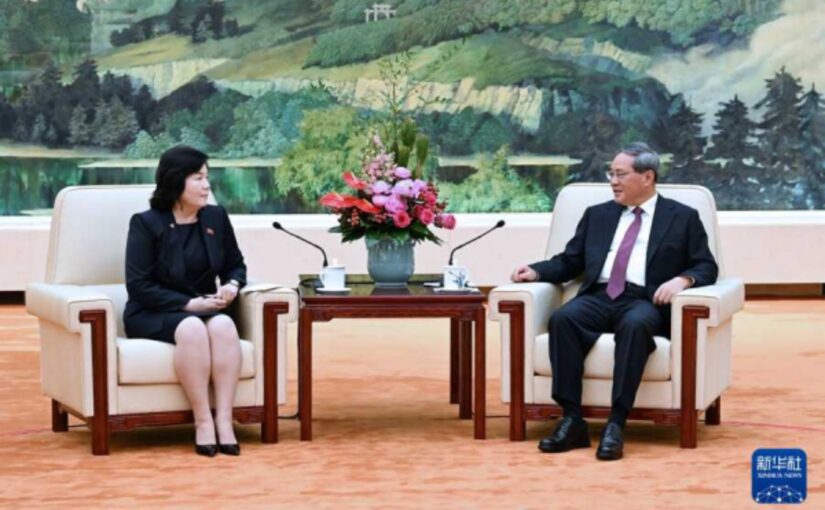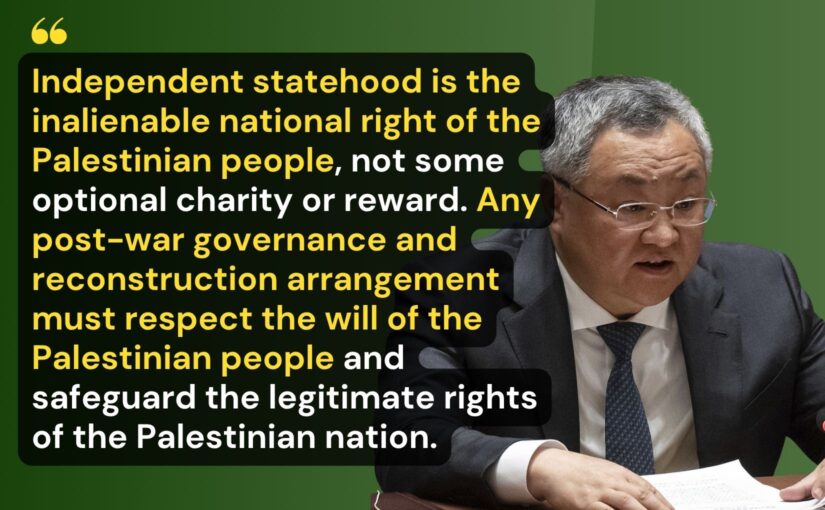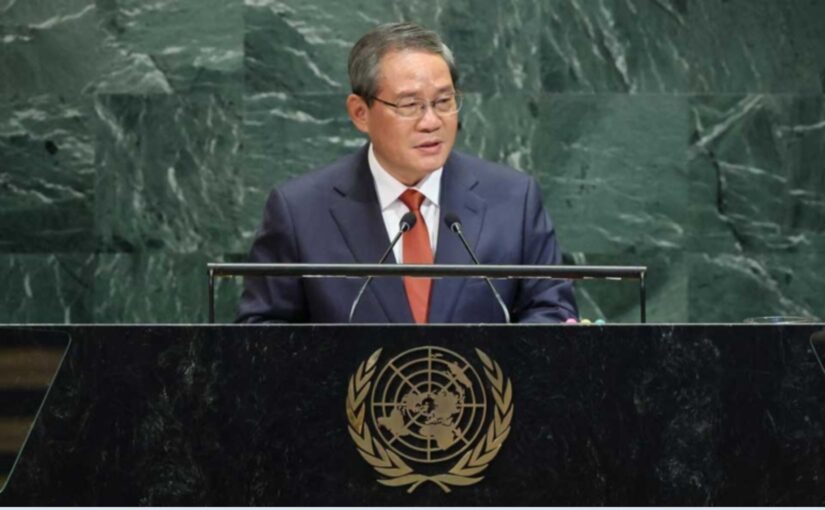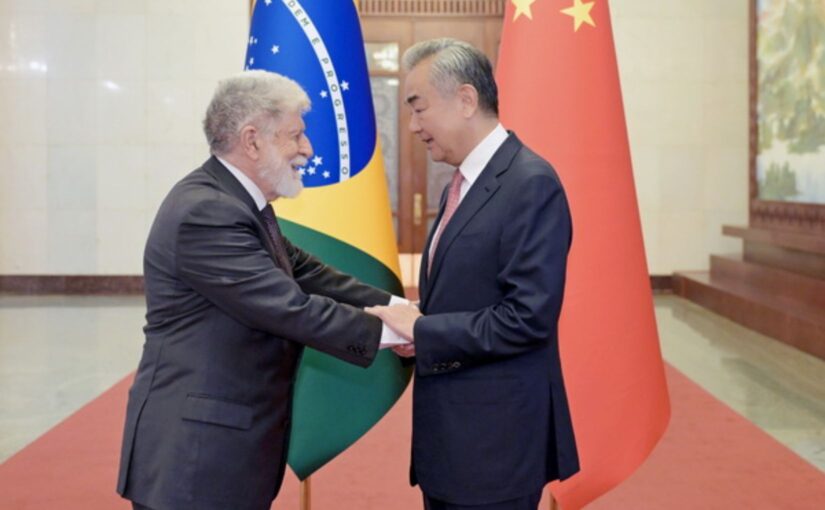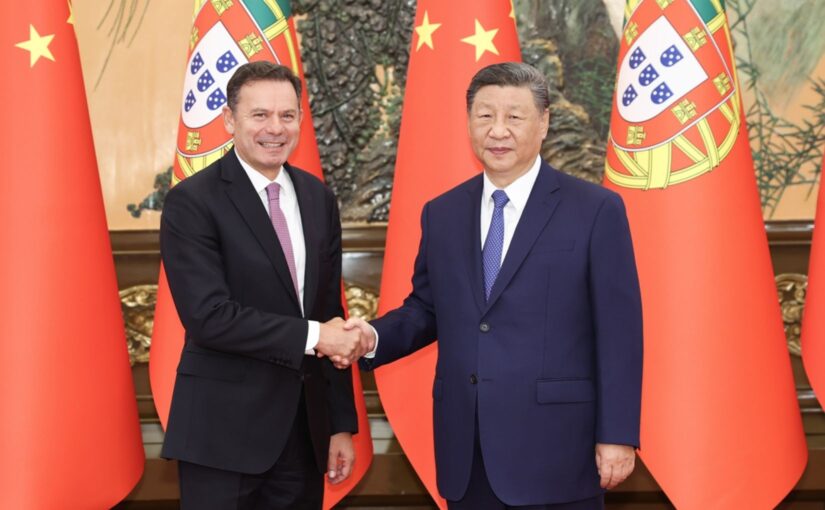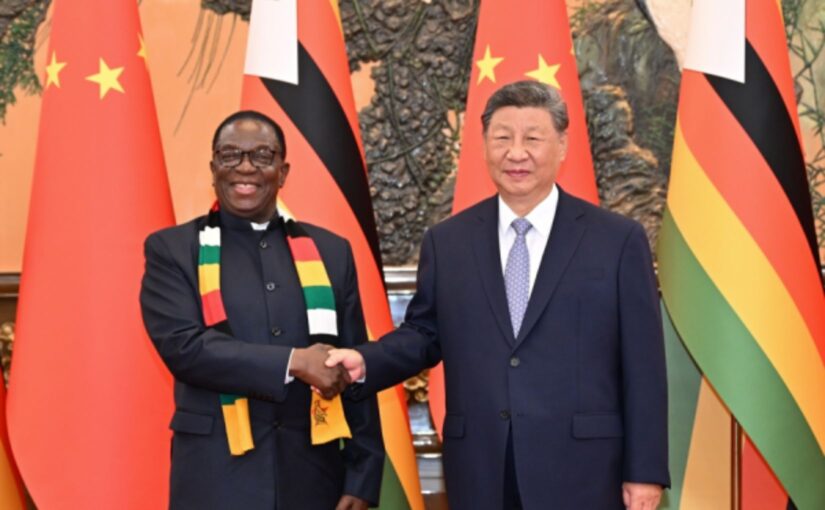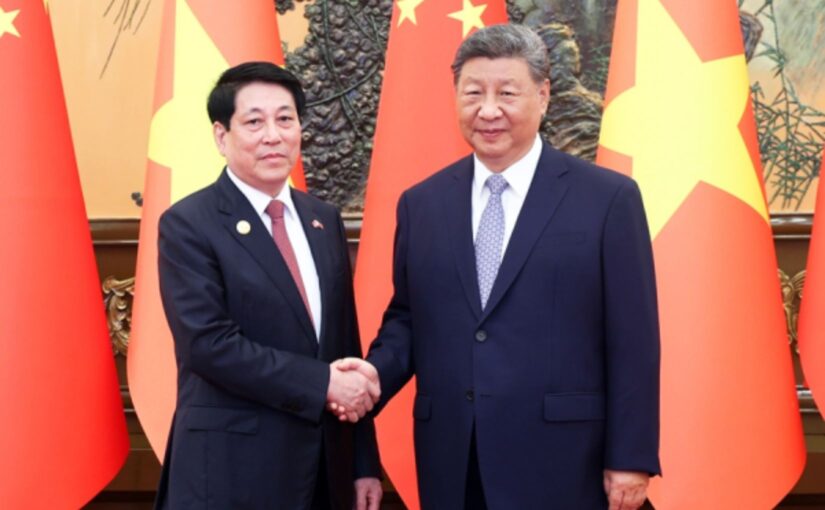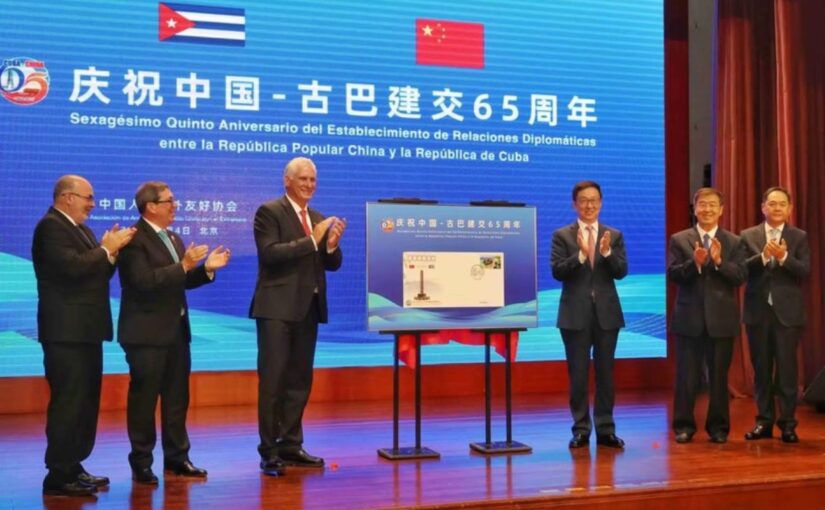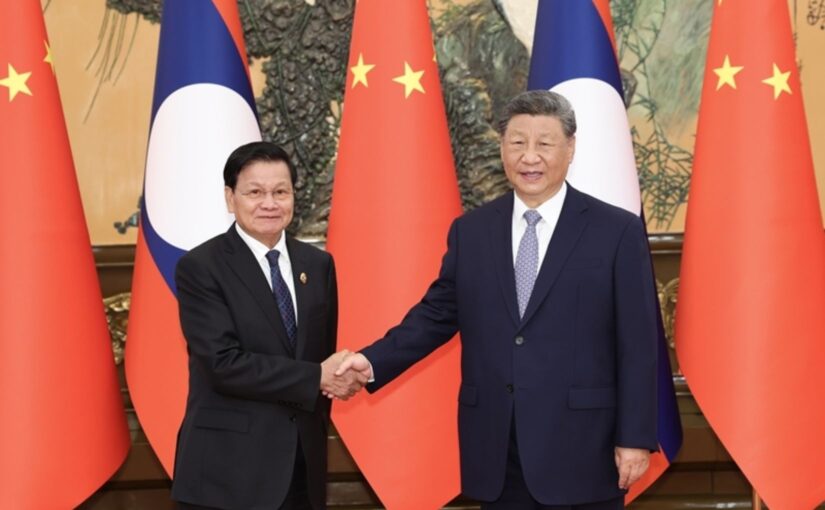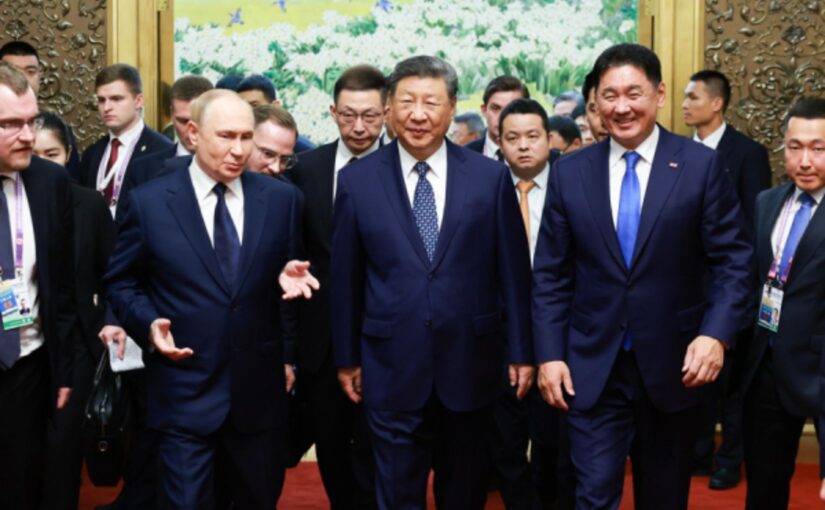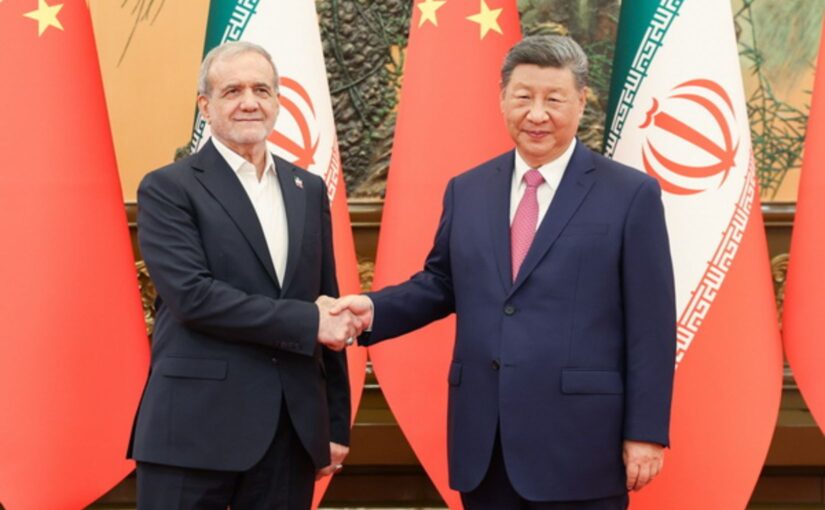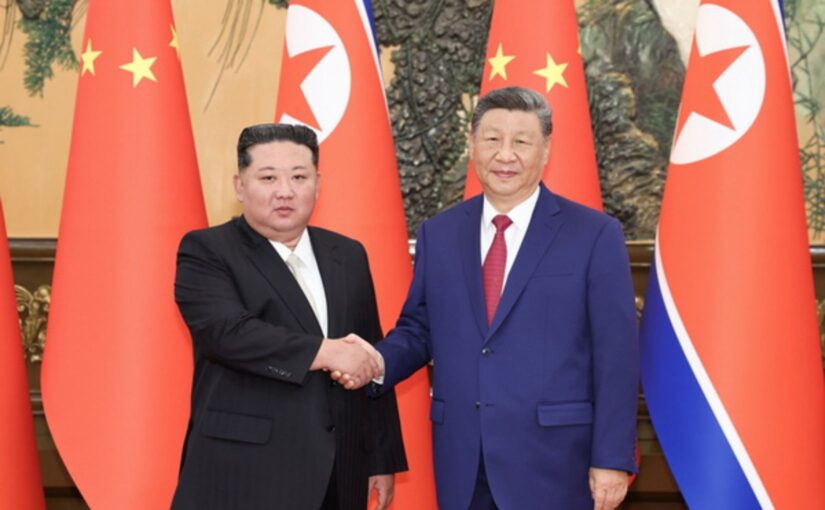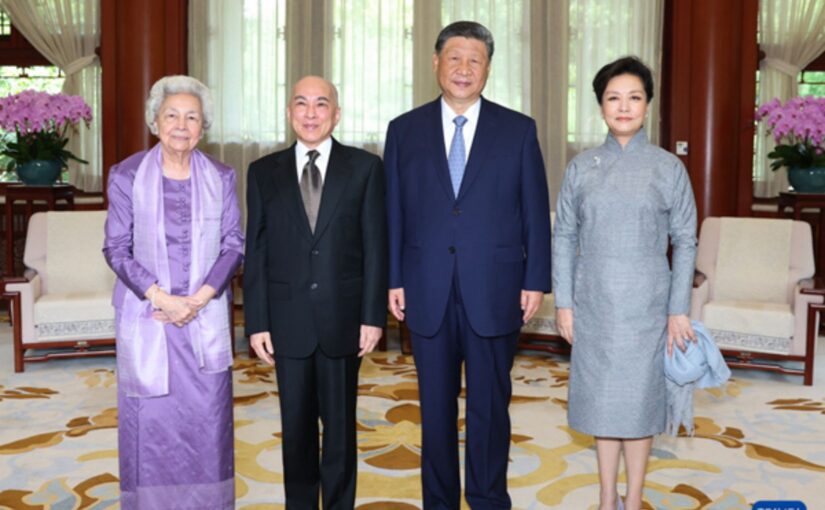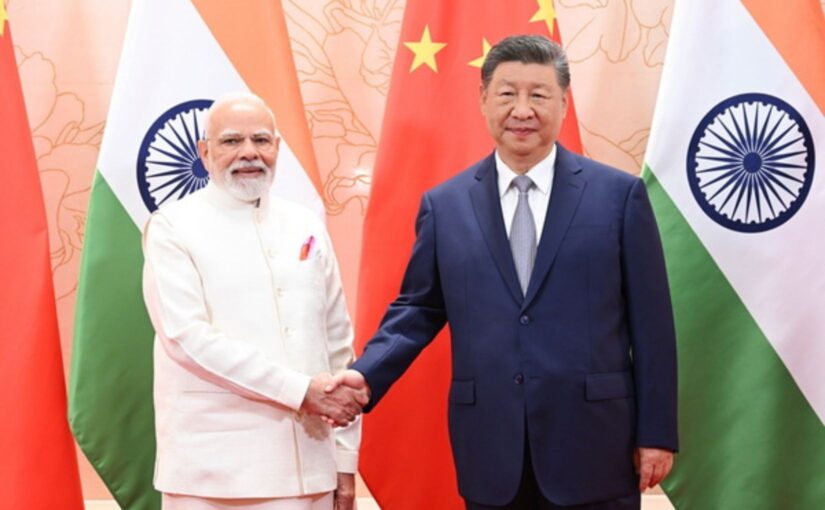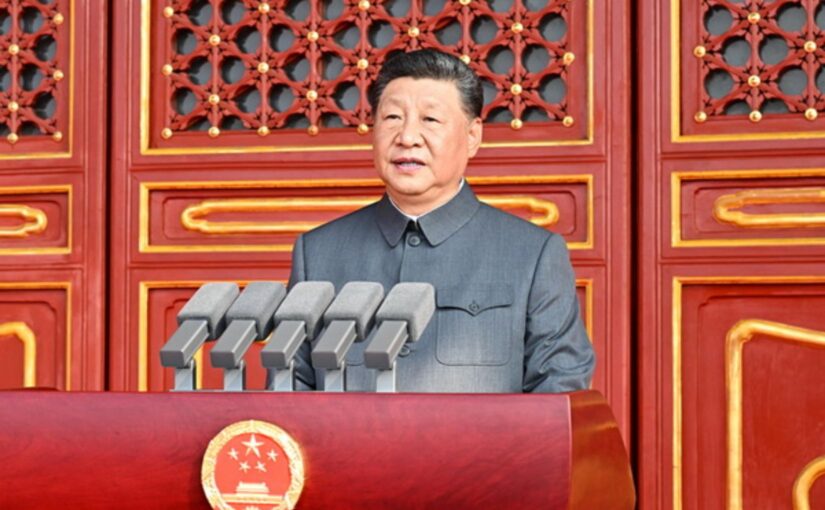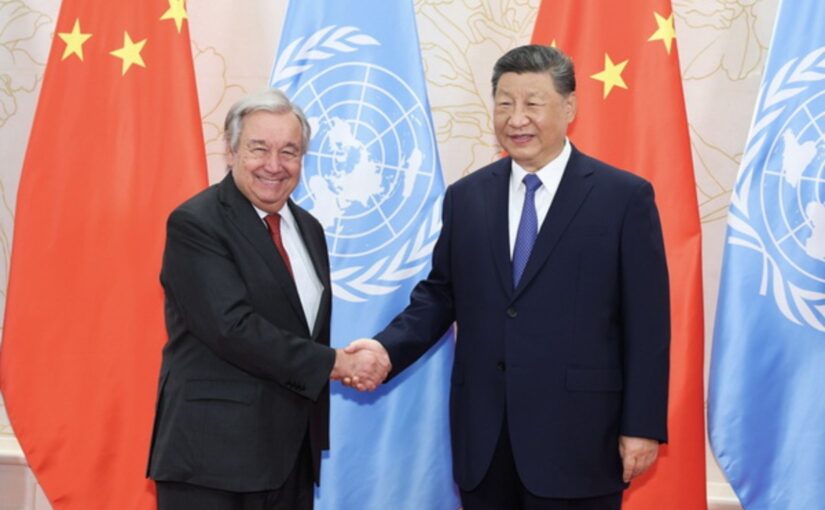On September 25, 2025, Russian Foreign Minister Sergei Lavrov chaired the fourth Informal Meeting on Afghanistan Between Foreign Ministers of China, Russia, Pakistan and Iran on the sidelines of the 80th session of the United Nations General Assembly in New York. China was represented by Special Envoy on Afghan Affairs of the Ministry of Foreign Affairs Yue Xiaoyong.
The meeting adopted a joint statement that stresses the principle that the sovereignty, independence and territorial integrity of Afghanistan must be respected. It also expresses unambiguous opposition to any attempt to reestablish foreign military bases in or around Afghanistan, especially by those who bear direct responsibility for the country’s current predicament.
China Daily noted: “At a time when certain voices in Washington have openly hinted at ‘reclaiming’ Bagram Air Base in Afghanistan, the four countries’ collective position is both timely and significant.”
The “certain voices” refer specifically to remarks made by US President Donald Trump at a September 18 press conference with UK Prime Minister Keir Starmer during the fawning and obsequious state visit arranged by the British ruling class.
The interim Afghan government issued a statement on September 21 saying it firmly rejects recent US calls to reclaim the air base and reaffirming its unwavering commitment to national sovereignty. It urged Washington to honour its pledge in the 2020 Doha Agreement that there would be no military interference.
The following articles were originally published on the website of the Chinese Foreign Ministry and China Daily.
Special Envoy on Afghan Affairs of the Ministry of Foreign Affairs Yue Xiaoyong Represents China at the Fourth Informal Meeting on Afghanistan Between Foreign Ministers of China, Russia, Pakistan and Iran
September 26 (MFA) – On September 25, 2025, Russian Foreign Minister Sergei Lavrov chaired the fourth Informal Meeting on Afghanistan Between Foreign Ministers of China, Russia, Pakistan and Iran during the 80th session of the United Nations General Assembly in New York. Special Envoy on Afghan Affairs of the Ministry of Foreign Affairs Yue Xiaoyong attended the meeting on behalf of China. The meeting discussed issues of common interest, such as the current situation in Afghanistan, and issued a Joint Statement.
Joint statement on Afghanistan shows regional resolve for peace
September 29 (China Daily) – On the sidelines of the 80th session of the United Nations General Assembly in New York, the foreign ministers of China, Russia, Pakistan and Iran held a meeting on Afghanistan and released a joint statement on Thursday. At a time when certain voices in Washington have openly hinted at “reclaiming” Bagram Air Base in Afghanistan, the four countries’ collective position is both timely and significant.
The joint statement stresses the principle that the sovereignty, independence and territorial integrity of Afghanistan must be respected. Equally important, it conveys unambiguous opposition to any attempt to reestablish foreign military bases in or around Afghanistan, especially by those who bear direct responsibility for the country’s current predicament. Such actions, the statement rightly warns, would not only be inconsistent with the aspirations of the Afghan people but also harmful to regional peace and stability.
The Afghan government issued a statement on Sept 21 saying it firmly rejects recent US calls to reclaim the air base and reaffirming its unwavering commitment to national sovereignty. It urged Washington to honor its pledge in the 2020 Doha Agreement that there would be no military interference.
Deputy spokesman of the Afghan administration Hamdullah Fitrat posted the statement on his X account, which highlighted that Afghanistan’s independence and territorial integrity remain paramount in all bilateral engagements, particularly with the US.
For over two decades, Afghanistan endured the heavy costs of military intervention. Instead of bringing peace or development, the prolonged presence of foreign forces deepened internal divisions, disrupted social cohesion and left the country with massive security and humanitarian challenges. It should be an international consensus that Afghanistan needs stability, reconstruction and genuine respect for its sovereignty — not a return of external military deployments.
The joint statement by the four regional stakeholders therefore reflects the voice of both justice and reason. It shows that the four countries are determined to support Afghanistan in pursuing an Afghan-led and Afghan-owned path to peace and development. It also demonstrates their consensus that the international community’s responsibility lies in providing humanitarian and reconstruction assistance rather than reviving old patterns of intervention.
When asked about the joint statement at a regular news conference on Friday in Beijing, Chinese Foreign Ministry spokesperson Guo Jiakun reiterated China’s firm position. As he pointed out, the statement fully illustrates the respect that Afghanistan’s neighboring countries have for its sovereignty, independence and national dignity. It also reveals the shared will of the peace-loving countries to help Afghanistan rebuild and remain stable.
As Guo stressed, as a close neighbor and a responsible major country, China is ready to work with the international community to continue extending assistance to Afghanistan and to play a constructive role in promoting its peace and reconstruction. China’s commitment to Afghanistan is rooted in principles, not in geopolitical calculations.
The joint statement makes clear that reintroducing military infrastructure into Afghanistan would serve no purpose other than to open old wounds, sow new divisions and destabilize the entire region. What the Afghan people need most today is relief from poverty, assistance in rebooting their economy and assurances of lasting peace — not the shadow of yet another round of military entanglement.
The quadripartite meeting in New York and its outcome also demonstrate the growing role of regional diplomacy in addressing global challenges. China, Russia, Pakistan and Iran have made their collective voice heard on the world stage. Their stance highlights that countries directly affected by Afghanistan’s instability are both willing and able to assume the responsibility for guiding regional peace and security.
The situation in Afghanistan remains complex, but the way forward should be clear. The international community must focus on helping the Afghan people overcome humanitarian difficulties, rebuild their economy and restore social stability and vitality.
The joint statement thus stands as a timely reminder that regional peace cannot be secured through military means, but through respect, assistance and cooperation. China and its partners have shown both resolve and vision in charting that path. The world should take note — and follow suit.
